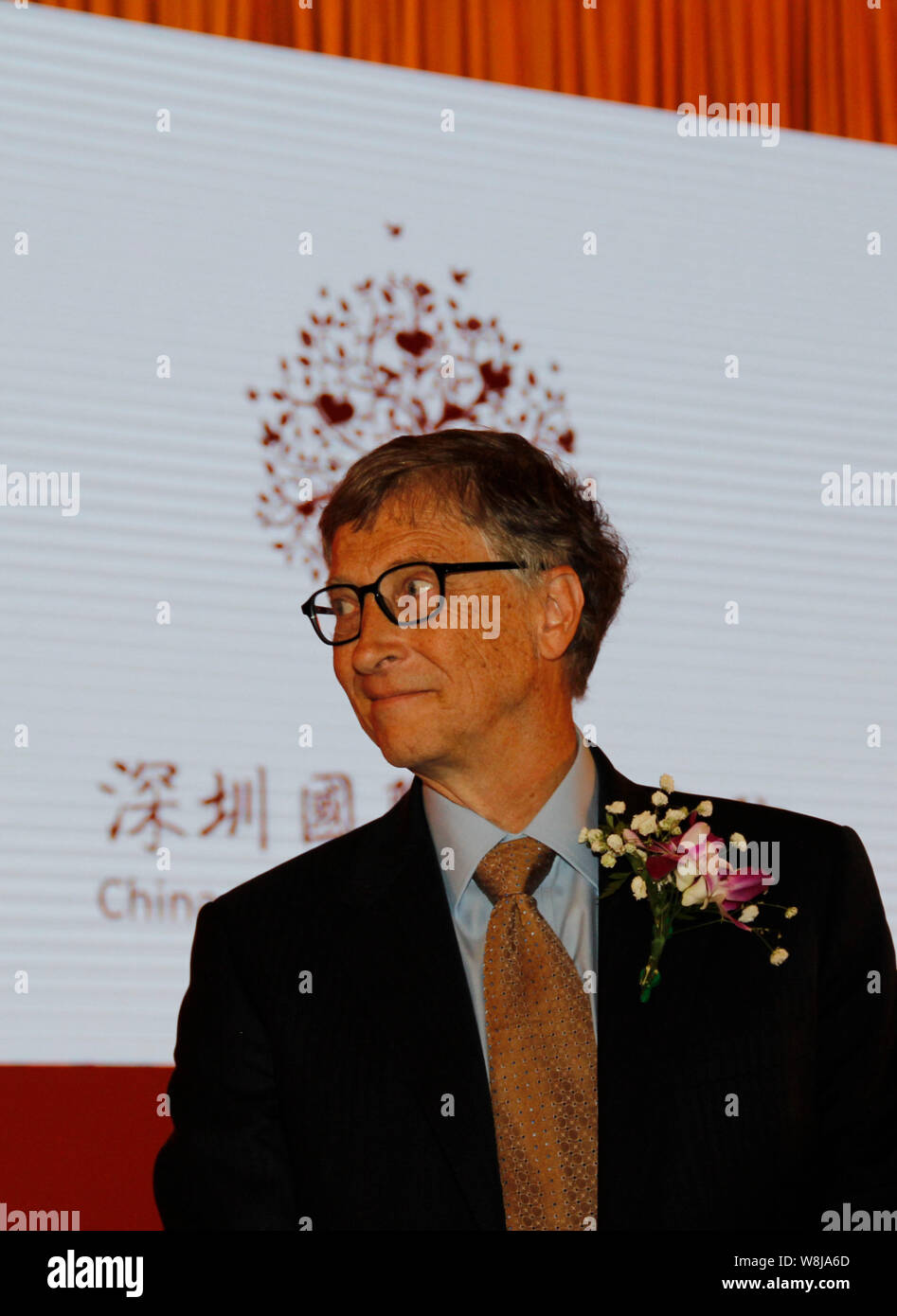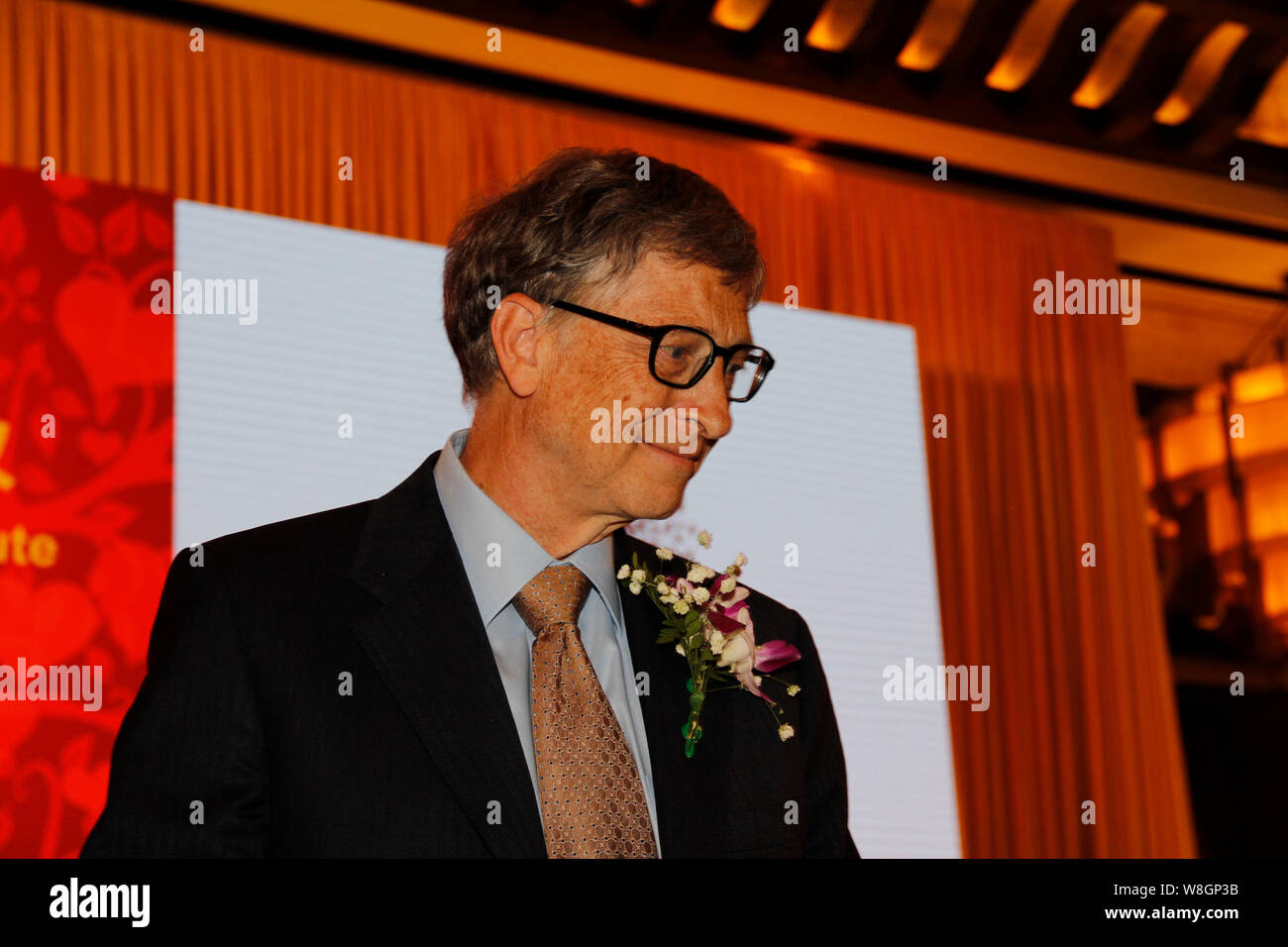Are tech titans truly shaping the future, or are they simply aligning themselves with power? The presence of Silicon Valley's elite at presidential inaugurations, particularly those of Donald Trump, underscores a critical intersection of technology, politics, and wealth that demands closer scrutiny.
The inauguration of a president is more than just a symbolic transfer of power; it's a stage where the nation's priorities and future direction are subtly telegraphed. When the guest list for Donald Trump’s inauguration in the past, and speculated lists for future inaugurations, included names like Mark Zuckerberg, Jeff Bezos, Elon Musk, Tim Cook and Shou Zi Chew, it sent a clear message about the influence of the tech industry on the incoming administration. These weren't just casual attendees; they were key figures whose companies wielded significant economic and social power. Reports indicated that Chew, the CEO of TikTok, was among the tech leaders invited, highlighting the increasing importance of social media platforms in the political landscape. Even figures like Bill Gates, despite not necessarily being aligned with Trump's policies, had engaged with him previously, underscoring the need for dialogue, however complex, between the tech world and political leadership.
The inauguration's guest list, of course, wasn’t limited to tech executives. Former presidents Bill Clinton, Barack Obama, and George W. Bush were also in attendance, representing a bipartisan display of respect for the democratic process. However, the presence of the tech giants, and the buzz surrounding their attendance, undeniably amplified the narrative of a shifting power dynamic. Some members of Congress, like Bill Keating, chose to skip the inauguration, possibly signaling their disapproval or disagreement with the incoming administration's policies. These absences, too, contributed to the overall narrative of division and uncertainty that often accompanies a change in leadership.
The financial aspect of inaugurations cannot be ignored. All modern presidents have relied on donations to fund these elaborate ceremonies. The amount raised by Trump's 2025 inaugural committee, reportedly exceeding $150 million, set a new record, surpassing the fundraising efforts of previous incoming presidents. This vast sum of money, often sourced from corporations and wealthy individuals, further highlights the influence of special interests on the political process. Google, for instance, reportedly contributed $1 million to the inauguration, demonstrating the tech industry's willingness to invest in establishing relationships with the new administration.
While many tech leaders attended Trump's inauguration, not all were necessarily in agreement with his policies. Bill Gates, for example, publicly expressed surprise at the number of tech billionaires who supported Trump. He even made some pointed remarks about his fellow tech moguls' attendance, suggesting a degree of skepticism or perhaps even disapproval. However, Gates also acknowledged having had a "long, and actually quite intriguing dinner" with Trump, suggesting that dialogue and engagement, even with those holding differing views, were essential. These mixed reactions within the tech community highlighted the complex and often contradictory relationship between Silicon Valley and Washington D.C.
The relationship between tech leaders and politicians is often complex, marked by both collaboration and tension. The meeting between Trump and tech leaders, including discussions focused on health innovations, demonstrated a potential for cooperation in areas of mutual interest. However, the presence of these same leaders at an inaugural event also raises questions about their motivations and the potential influence they wield over policy decisions. For instance, the attendance of Zuckerberg alongside a major Trump supporter hosting an inaugural event suggests a deliberate effort to build relationships and potentially shape the administration's agenda. Elon Musk, often cited as a prime example of a tech CEO engaging with political figures, embodies this complex dynamic. Whether it's through direct meetings, donations to inaugural committees, or indirect support, tech leaders have become increasingly intertwined with the political process, raising concerns about transparency and accountability.
- Kannada Cinema 2024 Top Grossing Films Where To Watch
- Kannada Movies 2025 Watch Legally Avoid Movierulz Dangers
| Attribute | Details |
|---|---|
| Name | Elon Reeve Musk |
| Birth Date | June 28, 1971 |
| Birth Place | Pretoria, Transvaal, South Africa |
| Nationality | South African, Canadian, American |
| Education | University of Pennsylvania (BA, BS) |
| Occupation | Entrepreneur, Investor, Engineer |
| Known For | Co-founding Tesla, SpaceX, Neuralink, The Boring Company |
| Net Worth (Estimated) | Varies, consistently among the wealthiest people globally |
| Career Highlights |
|
| Professional Information |
|
| Political Involvement |
|
| Philanthropy |
|
| Website Reference | Tesla Official Website |



Detail Author:
- Name : Mrs. Lisa Hegmann
- Username : darrion41
- Email : stamm.keara@daugherty.com
- Birthdate : 1987-10-12
- Address : 50264 Simonis Island Apt. 360 East Raul, AK 54777
- Phone : 1-831-882-4406
- Company : Wisoky PLC
- Job : Social Sciences Teacher
- Bio : Consequatur iure inventore amet ab illum neque quas iusto. Ut ut dicta autem fuga architecto. A temporibus quo mollitia cupiditate qui aliquam voluptas.
Socials
twitter:
- url : https://twitter.com/donato_morissette
- username : donato_morissette
- bio : Ullam minima sed saepe. Ut quia non accusamus sunt. Eaque iusto dolor deleniti magnam ex accusantium eligendi. Quia dolorum numquam hic magni et.
- followers : 2651
- following : 2508
linkedin:
- url : https://linkedin.com/in/donato3072
- username : donato3072
- bio : Quia molestiae quo similique porro voluptas.
- followers : 5834
- following : 677